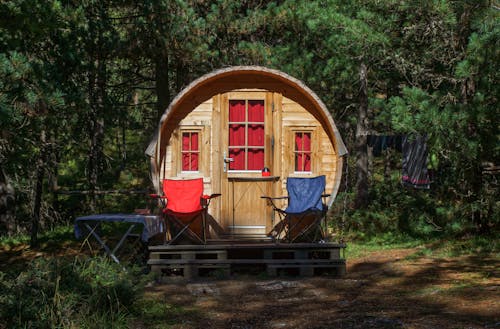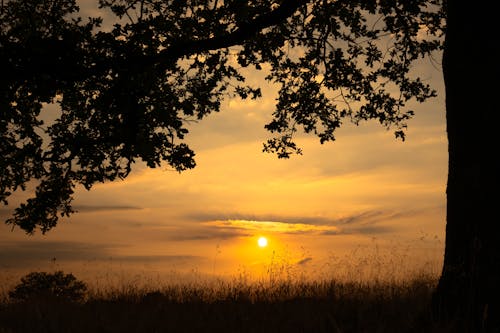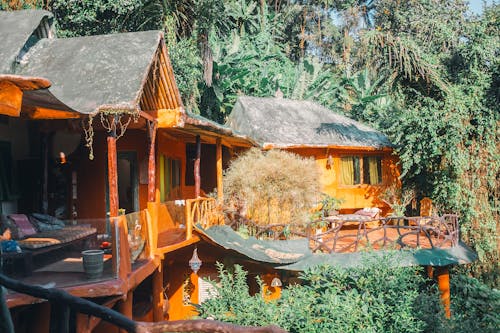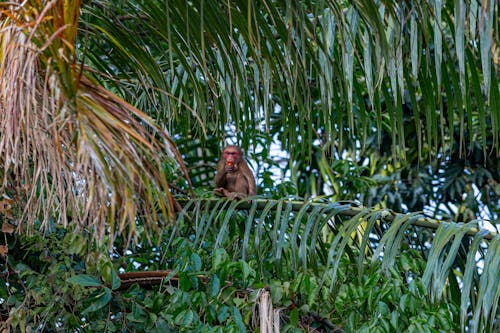An experience for the adventurous with a knack for adventure and culinary delights.
If you suffer from vertigo, we recommend looking away. We ascend higher, climbing into the treetops of the forest. Our host pulls a lever to elevate our bamboo treepod, on which we recline on canvas-padded seats, gazing out over the Gulf of Thailand. Suddenly, a man who appears to be our dinner server – dressed in khaki and a harness – swiftly zips down a zip line to a wooden platform embedded in a nearby Singapore almond tree. There, suspended in the air, we await as he serves dishes for our floating perch.

Secured by harvested bamboo, the dishes remain in place as the pod sways with the sea breeze. Gliding through the ancient rainforest, avoiding branches and the perils of dizzying heights, the host seems to channel Indiana Jones. Upon landing beside the rattan-woven table of the pod, he rises cleanly to his feet to bring us fresh juices. Like Jones, he arrives unscathed and serves the table with wooden vessels concealing our picnic fare.
At the remote eco-resort Soneva Kiri on the island of Ko Kut in Thailand, all aerial hosts undergo intensive 100-hour training in zip-lining, rescue, and treepod operation. Besides unwavering hospitality, hosts are instructed in ascending various tree species using a harness and carabiner clips – all while carrying plates.
Soneva Kiri’s Treepod Dining made its debut in 2010 and garnered international attention. Nestled beneath the canopy, Soneva Kiri is a place for those seeking deep connection to nature and cuisine. To get there, guests fly to Suvarnabhumi Airport, from where they take a 60-minute charter flight to a narrow strip of land serving as the resort’s dock. After landing from Bangkok in Trat Province, guests take a boat from the dock to the shores of Soneva Kiri and then a golf cart to their beachfront villas. Some travelers visit the island resort solely for the treepod dining, and it’s easy to understand why.

The Treepod experience begins with a barefooted guardian leading you through a maze of winding wooden stairs suspended over rippling waves. Accompanied by a symphony of bird songs, guests traverse the tree-lined walkway, glimpsing nature’s intricacies that are so close yet often unknown to most (but enjoyed by birds all the time). In addition to Kiri’s other dining options, guests can also reserve a lunch in a mushroom cave, a five-minute boat ride from the nearby reefs of Koh Raet.
Near the Thai-Cambodian border and the country’s fourth-largest island lies Ko Kut, an island originally inhabited by generations of indigenous Cambodians and Thais who constructed stilted village communities for fishing on tidal water levels. The island of Ko Kut, known by most as Koh Kood, is home to Ko Chang monkeys, mango trees, and other unique species breaking through the resorts and local coastal villages.

Soneva Kiri’s biophilic architectural structures elegantly merge with Ko Kut’s natural features. Soneva’s homemade philosophies (including a no-shoes policy) are geared toward making guests feel closer to nature. The only way to uncover the secrets of Soneva Kiri’s five-star resort and restaurants is to explore it yourself.
The best time to reserve a treepod is during midday until sunset if you want to experience the magical light of Ko Kut as the sun’s glow transitions into the expanding horizon. Priced at $315 for two persons and up to four guests maximum, the Gourmet Picnic option is a 60-minute service featuring a full selection of charcuterie with ripe cheeses and buttery breads, along with finger foods and a variety of hand-sized sandwiches.

Wines and champagnes are also available unless you opt for Soneva Kiri’s Luxury Picnic “In The Air” experience, which includes a higher-end offering with alcoholic beverages along with a selection of fruity fondues, caviars, crispy crab canapés, savory rillettes, French oysters, and shrimp cocktails.
The ancient evergreen trees lend grandeur to your treepod, a sense of protected seclusion, especially the trees reaching adult height and between 50 and 100 years old. Smaller tree-dwelling monkeys and Asian golden weaver birds are curious and have been observed staring at diners as each enjoys feasts in their respective habitats.












Discussion about this post